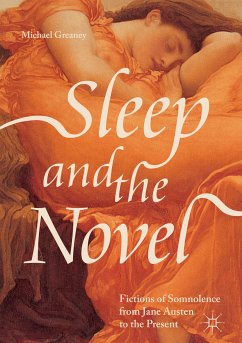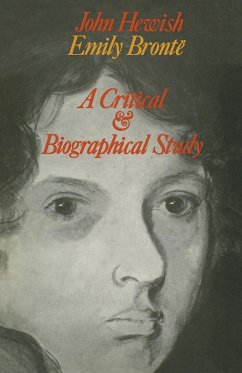Sleep and the Novel is a study of representations of the sleeping body in fiction from 1800 to the present day which traces the ways in which novelists have engaged with this universal, indispensable -- but seemingly nondescript -- region of human experience. Covering the narrativization of sleep in Austen, the politicization of sleep in Dickens, the queering of sleep in Goncharov, the aestheticization of sleep in Proust, and the medicalization of sleep in contemporary fiction, it examines the ways in which novelists envision the figure of the sleeper, the meanings they discover in human sleep, and the values they attach to it. It argues that literary fiction harbours, on its margins, a "sleeping partner", one that we can nickname the Schlafroman or "sleep-novel", whose quiet absorption in the wordlessness and passivity of human slumber subtly complicates the imperatives of self-awareness and purposive action that traditionally govern the novel.
Dieser Download kann aus rechtlichen Gründen nur mit Rechnungsadresse in A, B, BG, CY, CZ, D, DK, EW, E, FIN, F, GR, HR, H, IRL, I, LT, L, LR, M, NL, PL, P, R, S, SLO, SK ausgeliefert werden.









